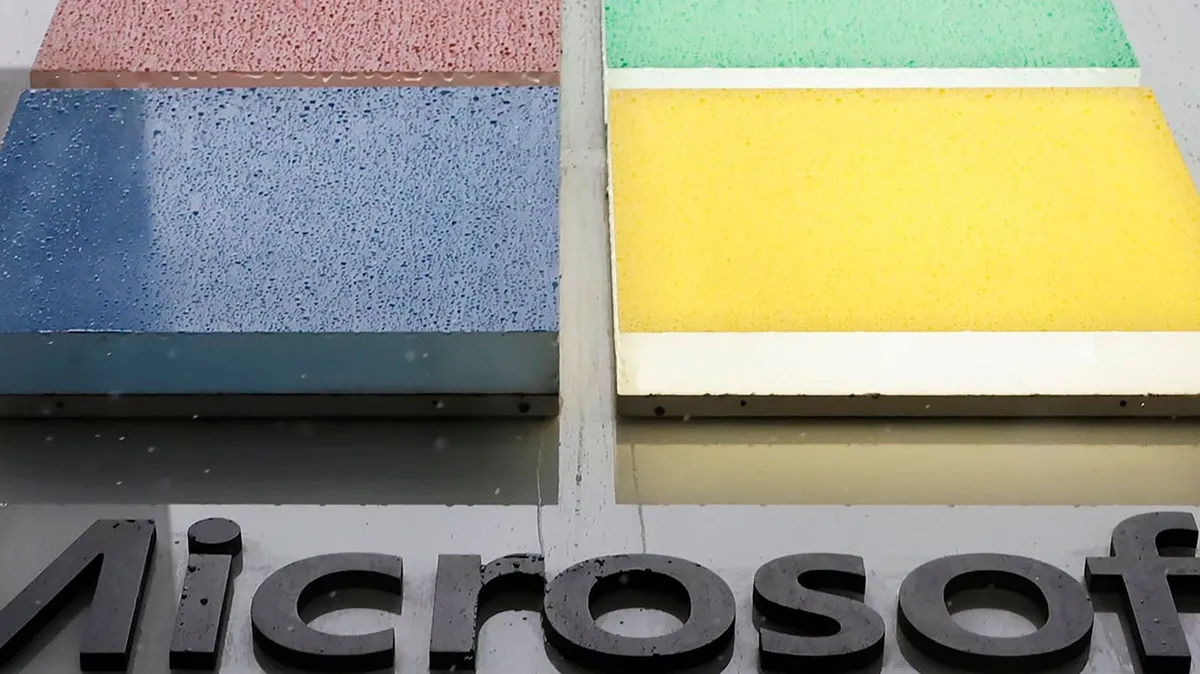
A recent lawsuit filed in California alleges that Microsoft is fully aware that “many millions of users will not buy new devices or pay for extended support” when Windows 10 reaches its end of life on October 14, 2025. The suit, initiated by Lawrence Klein, a Windows 10 laptop owner, claims that these users will be at increased risk of cyberattacks and data security incidents, a situation that Microsoft is purportedly cognizant of.
Klein's lawsuit seeks injunctive relief, demanding that Microsoft continues to provide support for Windows 10 without any additional fees or conditions until the number of devices still running this operating system drops below a reasonable threshold. Currently, approximately 45% of all Windows users are still utilizing the soon-to-be-obsolete version, necessitating immediate action to safeguard their PCs from potential threats.
The upcoming end of life for Windows 10 will impact roughly 700 million users globally. This significant number has reportedly started to increase again following Microsoft's decision to offer limited support extensions, despite previously declining. Klein argues that Microsoft made the decision to phase out Windows 10 when the operating system represented over half of the market share for Windows OS.
According to Klein, users of approximately 240 million PCs are unable to upgrade to Windows 11, effectively “forcing” them to either purchase new devices that can support the latest OS or pay unexpected amounts for extended support. This situation raises serious concerns about security risks, as Klein states that Microsoft’s long-term business strategy jeopardizes not only the data security of its customers but also that of individuals who may not even use Microsoft products.
Currently, Windows 10 users can extend their support by paying between $30 and $60, or for free under specific conditions. This support extension is available to all Windows 10 users, regardless of whether their hardware meets the requirements for Windows 11. Klein argues that a more reasonable solution would involve providing free support extensions for PCs that cannot upgrade while mandating upgrades for those that can.
Klein's lawsuit suggests that Microsoft’s primary motivation for discontinuing Windows 10 is to compel customers to purchase new devices optimized for its suite of generative AI software, such as Copilot, which is bundled with Windows 11 by default. This strategy, according to Klein, is likely to diminish the market for generative AI products developed by Microsoft’s competitors, thereby increasing barriers to entry in the generative AI market and stifling innovation and consumer choice.
Klein aims for Windows 10 support to continue until less than 10% of the Windows user base is still using this version. Achieving this goal would likely necessitate over 600 million PCs upgrading to Windows 11, a process that could take a considerable amount of time. As the deadline approaches, users who plan to retain their Windows 10 systems should consider extending their support to mitigate the heightened risks associated with cyber threats.
I have reached out to Microsoft for a response regarding the ongoing lawsuit.